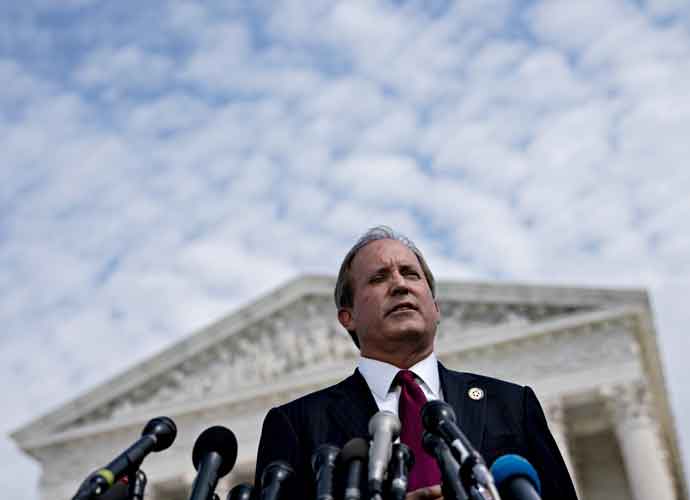Supreme Court Temporarily Blocks EPA Pollution Proposal
On Thursday, the Supreme Court temporarily blocked an Environmental Protection Agency (EPA) proposal aimed at reducing interstate air pollution. This decision, part of a series of moves by the conservative-dominated court, undermines both environmental regulatory efforts and the Biden administration’s environmental protection agenda.
In a 5-4 decision, Justice Neil Gorsuch wrote the majority opinion, granting a request from Ohio, Indiana and West Virginia to temporarily halt the EPA rule while litigation against it continues in lower courts.
Gorsuch, whose mother was an EPA administrator under the Reagan administration, wrote, “We see one reason for caution after another.”
Patrick Morrisey, West Virginia attorney general, welcomed the ruling.
Subscribe to our free weekly newsletter!
A week of political news in your in-box.
We find the news you need to know, so you don't have to.
“The country’s power grid is already stressed as it is, and now this administration is attempting to add more regulation that’s going to stress the grid even more. This decision by the Supreme Court is correct but the EPA will keep trying to legislate and bypass Congress’s authority,” he stated.
The case focuses on EPA’s “Good Neighbor Rule,” which sets restrictions on factories and power plants in Western and Midwestern states. These regulations require them to reduce ozone pollution that drifts into Eastern ones, contributing to smog and associated health risks such as asthma, lung disease and premature death.
According to the federal Clean Air Act, states hold the authority to develop their own plans for controlling interstate pollution.
However, the EPA can intervene if it determines these plans are inadequate, as it did in 2023 when it found that 23 states had failed to produce sufficient plans to meet its updated ozone standards.
Following the EPA’s proposal, a wave of litigation ensued, with 12 states successfully blocking the proposal, while 11 states remained subject to the federal rule.
In February 2023, Ohio, Indiana and West Virginia, alongside energy companies and trade groups, directly challenged the federal proposal.
During oral arguments, the court’s conservatives expressed skepticism about the Biden administration’s case, with Justice Brett Kavanaugh pointing out that lower courts had already halted the rule in over half of the 23 affected states.
However, court liberals questioned the plaintiff’s argument that they lacked sufficient time to comply, noting that the states had until 2026 to meet the law’s regulations.
Justice Amy Coney Barrett, along with the court’s three other liberal justices, authored a dissent.
“The court today enjoins the enforcement of a major Environmental Protection Agency rule based on an undeveloped theory that is unlikely to succeed on the merits,” Barrett wrote.
Holly Bender, Sierra Club’s chief energy officer, strongly criticized Thursday’s decision.
“Contrary to what some of the Justices seem to believe, human lives are infinitely more important than corporate compliance costs with basic, decades-old air pollution standards,” Bender said.
“Our most vulnerable are at risk from the dangerous pollution crossing from one state to another, and that the Court is turning away from an approach to protecting air quality it itself had blessed just ten years ago should concern us all,” she added.
The Supreme Court will soon decide the larger issue of whether courts are required to defer to the EPA and similar agencies when interpreting ambiguous statutes passed by Congress.
Get the most-revealing celebrity conversations with the uInterview podcast!






Leave a comment